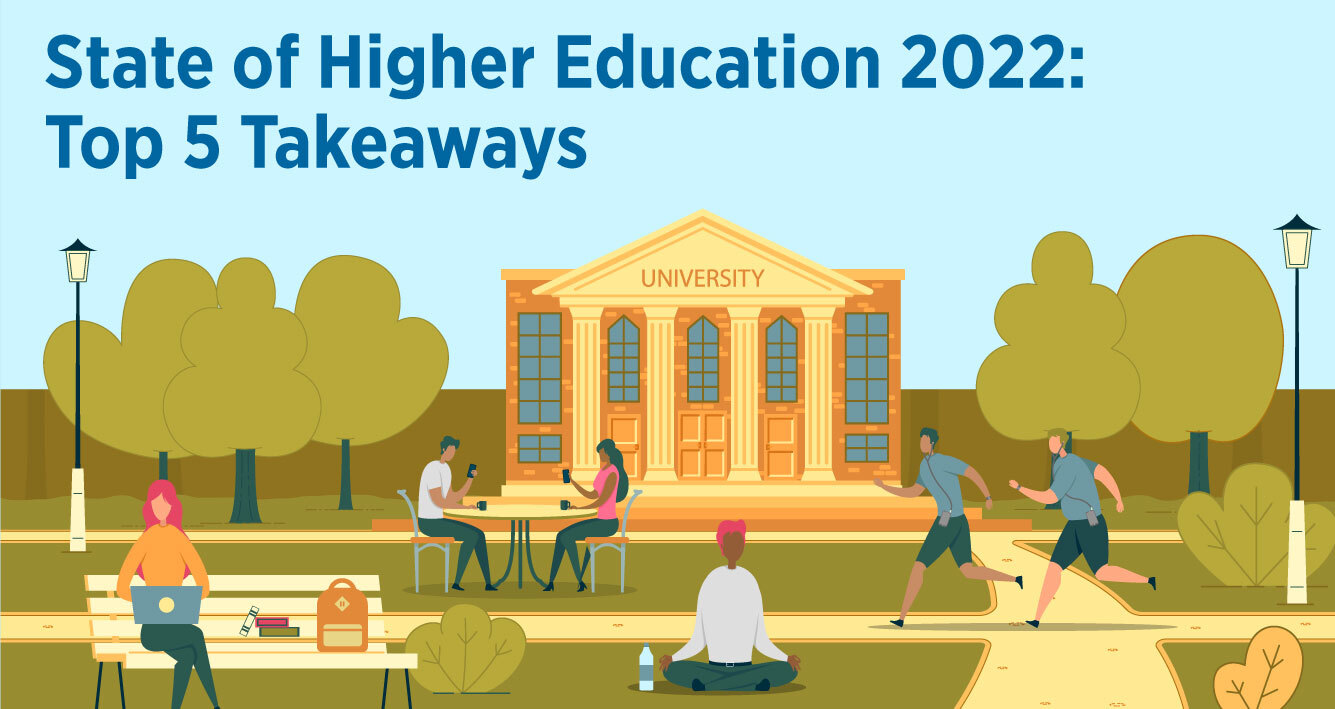It’s late. A Friday. And the undergrads are relaxed and thinking out loud, among other things undergrads tend to do late on a Friday night.
“I don’t know. Maybe I should do an MBA program instead,” one says.
“Ya. Why not? You’re like really good at business,” a friend weighs in.
So, they search “top-ranked MBA programs in the US.”
You already know the student recruitment platforms that pop up based on that Google search. They choose the top result and start browsing around. They enter their name, give an email address. This is the lead you will get when you purchase the lead generator’s services in one package or another.
The platforms lure you in with beautiful numbers. So many student visits per month. Amazing.
How intentional are these leads? How many will convert?
Come Monday, your lead is back on their pre-med path. And all you’re left with is a useless email address.
Now, every institution has junk leads. Even with the best platforms. The fact is, there are just so many “solutions” out there, all claiming to boost your enrollment numbers. It’s hard to know which ones actually move the needle, and which are peddling false enrollment growth for you and your team.
Come with Questions. Leave with a Plan.
If you are attending the AIRC or ICEF Conferences - here is a huge plus opportunity.
The Intead/San Diego State University One-Day Workshop on December 13, 2022 will be a hands-on opportunity to learn from an awe-inspiring international student recruitment faculty.
- A full day of international student recruitment strategy and execution discussion
- Two luminary keynotes
- Luncheon on Social Justice with Dr. Jewell Winn and Dr. Adrienne Fusek
- Dinner on Chinese Student Influencers with Dr. Yingyi Ma and Brad Farnsworth
- Early Bird Pricing Extended One Week. With many of our colleagues telling us they are still seeking approval to attend, we are extending the early pricing until October 31. At $200 for the day (inclusive of all meals), this learning opportunity is a steal. (Pricing goes up to $350 on November 1, 2022).
Now, back to lead generating platforms. If you’re scratching your head over the swath of lead generators out there, rest assured you’re in good company. From what we’ve seen, there’s total confusion in the marketplace. Your best bet is to take a step back and look at the enrollment tools you know you need (responsive social media presence, mobile-ready content, reliable online chat). From there, you can better evaluate the many platforms with clear eyes. Read on…
Read More





.jpg)




